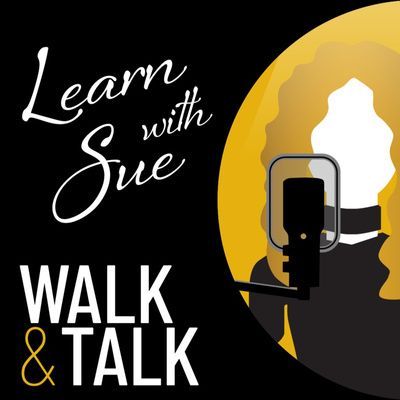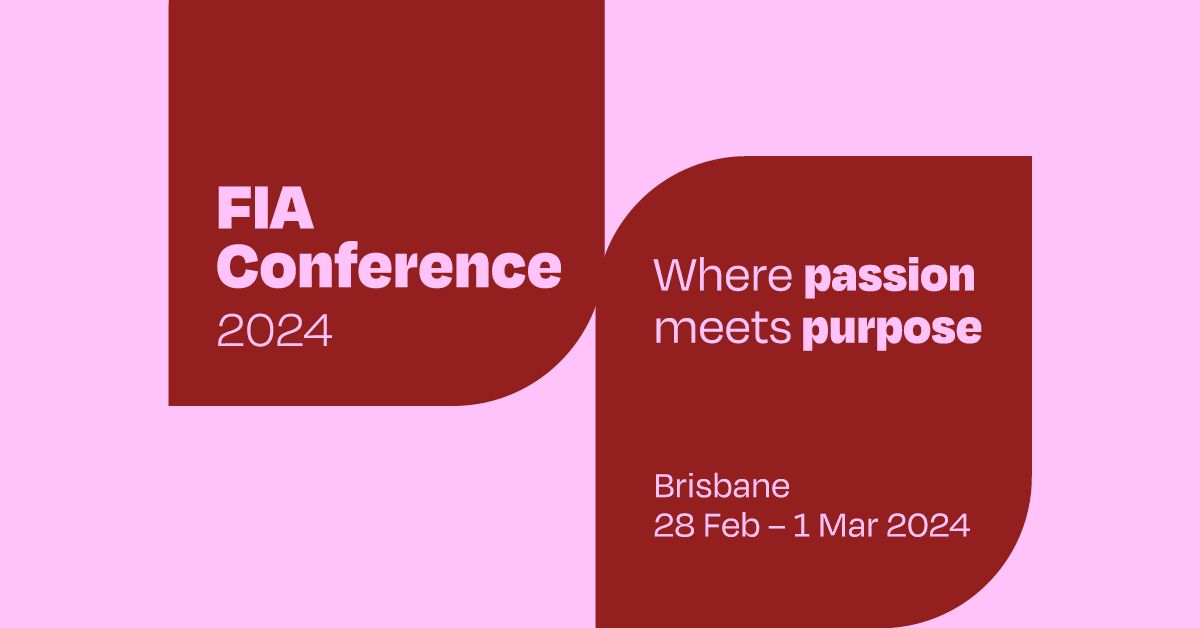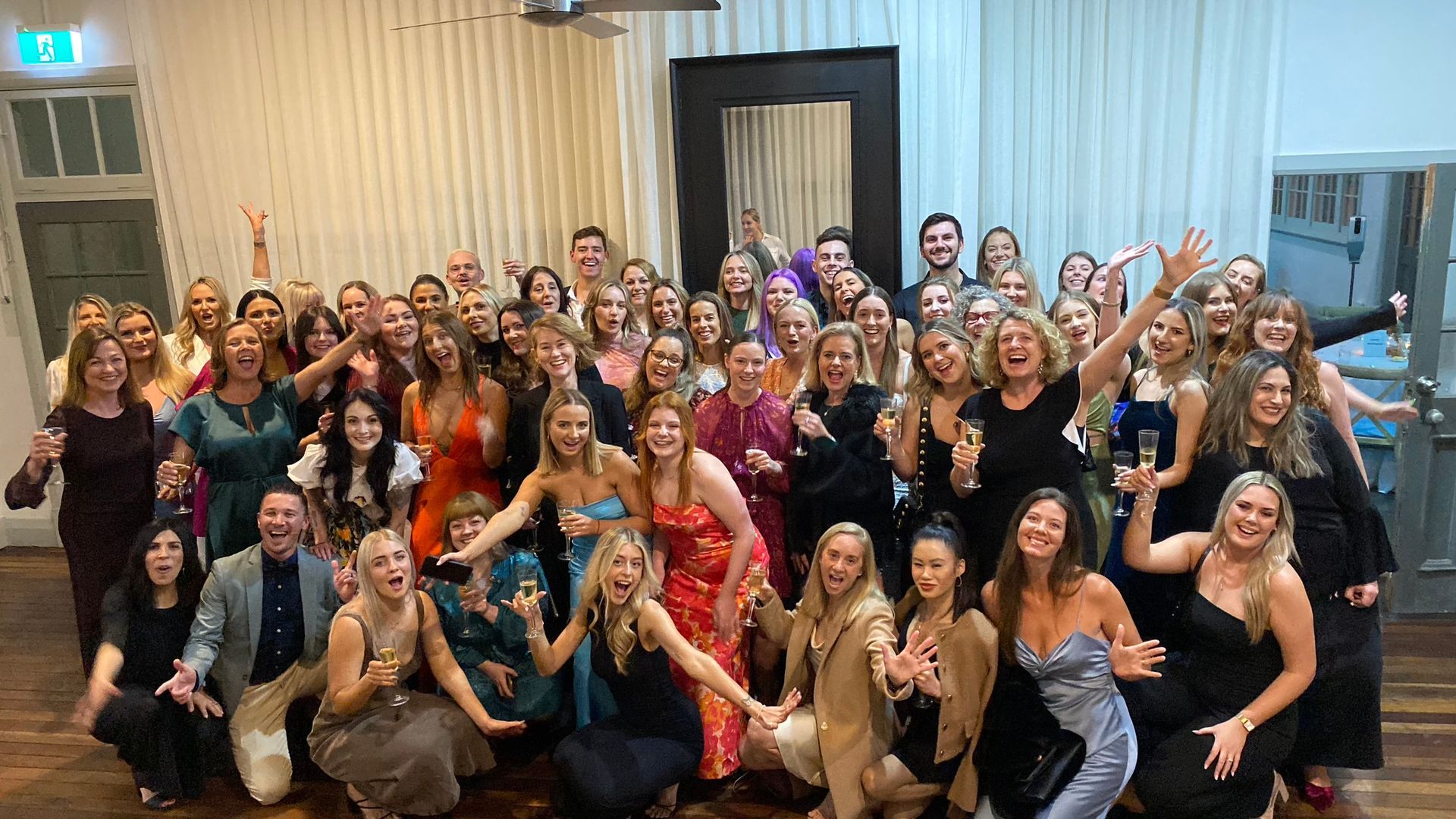Hiring Fresh Grads? Here’s How to Assess Their Education
Hiring Fresh Grads? Here's How to Assess Their Education
The working world has changed significantly and rapidly over the past few years, with fresh graduates looking for work entering uncharted territory, both for themselves and recruiters. Graduates are reassessing their priorities and goals, and companies have likewise had to reconsider what they look for in potential employees. Despite the shifts in education and work, fresh grads are in demand now more than ever. Graduate employment rates in Australia hit 88.3% in 2022, the highest it’s ever been since 2009. Businesses see a lot of potential in this group of people, even if they have little to no work experience. Their unique traits and skills—built and honed by their educational experiences—can bring significant change to a company. If you’re looking to hire fresh graduates, here’s how you can assess the quality of their education:
Collaboration and Support
Knowing how to work well with others and supporting colleagues at work are crucial attributes in a potential employee, especially as workplaces aim to become more empathetic. Good collaboration and support benefit work and productivity, ensuring a healthy mental and emotional state for everyone involved. Education has also been changing to ensure this mindset is instilled in students, as reflected in student technologies.
Studocu encourages the growth of student communities on learning platforms by promoting shared learning—creating an environment where students can support each other in their studies rather than fostering competition. Something as simple as sharing study notes or lecture summaries with course mates can be essential for cultivating a desire for mutual success, which is something of value in a work setting. When interviewing a fresh grad, you can ask them how they work in groups, their roles, and their mindset when working with others. Understanding their interpersonal skills can help you consider how they will work in a team or department and how well they support and accommodate others.
Programs and Projects
Experience opportunities for fresh graduates are limited, and only a few get to be in a work setting before getting a job. However, Australian universities have become more intentional about developing programs and projects for undergraduates to help build their knowledge and practical abilities to close the workforce skills gap once they graduate. Programs for work-integrated learning are becoming an essential area of consideration for schools, as some students may have missed out on training opportunities during the pandemic.
Recruiting a fresh grad with experience in one of these programs can make the transition from education to work more seamless and less jarring. While they may need some guidance to get used to the new environment, the skills they’ve already obtained can be a good jumping-off point for them to adjust to your company. You can ask if they have ever participated in industry-led projects, fieldwork, practical simulations, and work placements to gauge their experience. Not every fresh grad may have had access to these programs, so they shouldn’t be a deal breaker if they don’t have this experience, but knowing if they do can still be valuable information when recruiting.
Problem-Solving Skills
Many recruiters looking into hiring fresh grads often focus on technical skills or digital know-how that can be useful to the company. While these are important, it’s also critical not to overlook their human skills, such as problem-solving. These potential employees may be proficient at the tasks given to them, but they may perform differently when navigating challenges and problems in the workplace. They may have the technical skills to guide them through it, but evaluating their efficiency and creativity in solving issues can reveal their awareness of their abilities, strengths, limits, and more.
Fresh graduates have had to overcome many challenges and changes around them. Emerging technologies, tumultuous world events, and shifts in personal life have all impacted them in different ways. As such, evaluating their problem-solving skills can help recruiters understand how they are prepared to adapt as situations change. You can ask them how they’ve been able to solve problems or deal with difficulties in various aspects of life. Whether that be in hardships in school, navigating societal or global issues, or handling personal matters. You may see real applications of these skills and how they can utilise their mindset, attitudes, and solutions in managing potential challenges at work.
For more on connecting people with organisations for meaningful work, visit our
Hire Talent page for more.
Image credit: Pexels
Share This blog
Recent Articles










